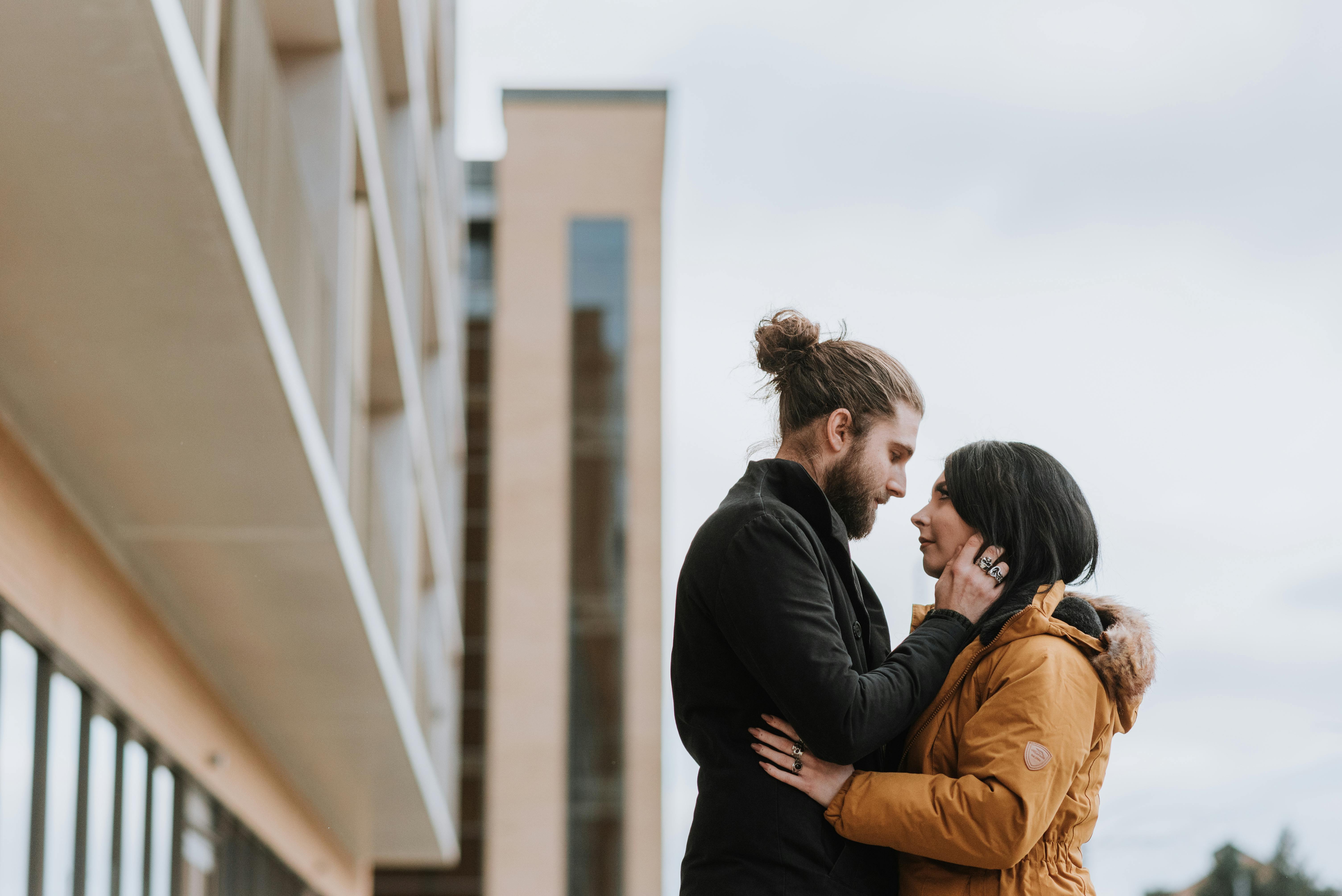There’s a special kind of excitement that comes with the discovery of a rare record. This excitement is probably why we can spend hours rummaging through boxes at our local record store or scouring the internet for hours looking for that special record.
This is a dedication to vinyl records that most of us understand and share. However, there are few who can match the dedication Frank Gossner has to vinyl and music, and especially African music.
Since the 1990s, Frank Gossner had been a successful DJ, organizing popular parties both in New York, known as the Vampyros Lesbos party, and later the Soul Explosion party in Berlin, but his interest, fascination and curiosity about African Funk records They were growing and growing. In 2005 he decided to leave his DJ job and his apartment in Berlin and move to Conakry, the capital of Guinea, and spend the next three years on a quest to find the rarest records in Guinea and other West African countries such as Benin, Nigeria. , Ghana and Mali and get as close as possible to the heart and roots of it all.
Nylvi: First of all, how did you get into African funk?
Frank Gossner: As a DJ I started in Berlin in 1994 with funky European soundtracks, French 60s pop, Library Funk and Hammond Organ Grooves. While living in New York in the late 90s, I got deep into the weird and obscure Funk 45s. From there I started exploring African funk music and Afrobeat. Mainly it was my natural curiosity that led me. But I guess this makes sense too, since I started with music that I could easily find at flea markets and second hand record stores and from there I started delving deeper and deeper into more and more remote places as I found myself. He was getting close to the heart of the matter. .
Of course, there was a big influence of American Funk and Soul music on the African music scene of the 70s, you can find James Brown records everywhere in Africa. Jimmy Smith was also very popular. Santana and Jimmy Hendrix were also well known and respected. French jerks like Jaques Dutronc or Nino Ferrer were also an influence in French-speaking countries like the Ivory Coast or Benin.
But the important truth is that there would never have been Gospel, Blues, Soul, R&B or Funk music without African music. All these rhythms, including salsa and other Latin music, have their origins in Africa. This means that there was no “Western music” influencing African musicians, this was the homecoming of African music that had evolved into something new on a foreign continent but was still African at heart. People who say that Afrobeat or Afro Funk is less “African” than traditional African music played on native instruments are completely wrong in my opinion.
Nylvi: Being very into African Funk is one thing, but deciding to move to Guinea and spend three years chasing African Funk Records, that’s… another thing. What made you do this?
Frank: You can’t really build a significant collection of Afro Funk without going there yourself. Traveling back and forth from Europe to Africa would have been extremely expensive and also much less efficient than staying there for an extended period. Just the money I saved on rent by leaving my apartment in Berlin was far more than I needed for my daily life in Africa.
Nylvi: Did you have a clear plan of what you were going to do there, or was it more a case of jumping on a plane and seeing what happened?
My plan was to travel as much as possible and set up record buyer networks in all the major cities for people to search for my records while I was gone. The best methods for doing this I discovered while doing it.
Nylvi: And how did you go about finding records?
I put ads in the local newspapers. I paid radio stations to play pre-recorded clips or visited radio djs who let me play some old records on the air and give out my phone number. I also made hundreds and thousands of photocopied posters and flyers that I had posted all over the city.
Nylvi: Your travels have taken you through many countries in the West African region, is it possible to compare the satisfaction you got from finding records with the experiences you had while on the road?
I love hanging out with people, drinking beer while listening to a live band as much as buying records. Traveling itself can be a lot of fun. I loved every aspect of my time in Africa and I’m sure I’ll be back soon…
Nylvi: Filmmaker Leigh Iacobucci followed you on some of your travels and is now making a documentary about it. Could you tell us a bit about this?
This was a fun experience. Leigh had contacted me via email and I had never met her in person before. We met in Accra at the airport and immediately hit it off. I think we had a great time together and we were also lucky to meet a lot of very interesting people on our trip through Ghana, Togo and Benin. We remain close friends and I can’t wait for his film to finish, which will probably be sometime in the summer of 2009.
Nylvi: The documentary also wants to raise “complex issues surrounding exploitation versus fair trade and challenge the audience to consider what is lost or gained when a Westerner buys an undervalued resource in Africa.” Was it something you thought about a lot on your travels? And how did you deal with it?
Of course, this was always a problem. Though I wouldn’t call logs an undervalued resource, but rather objects that have a different monetary value depending on where you are. In Africa, old records are an old medium. Most of them were destroyed long ago, some were kept, most were tampered with in a way that left them totally damaged and unusable.
In Europe and the United States, on the other hand, there are collectors and DJs who pay large sums of money for these records. You could buy records in Africa for less than a dollar and then resell them in the US for $100 or $200 or in some cases even more.
I always paid good money for records. I didn’t pay $100 or $200 (except in some exceptional cases) but you also have to realize that many times I spent days looking for records and found nothing and every day you have to rent a car or motorcycle, buy fuel, pay your guides etc Every time I bought a record, I not only paid the owner, I also paid the middleman who led me to it. Sometimes there were two or three intermediaries. Sometimes the records were badly scratched and I bought them just for reference or not to look bad. I probably paid an average of $20 for each drive and I can honestly say that I think this is fair. If I sold everything I found on today’s collector’s market, on eBay, or at record fairs, I’d probably get all the money back, but not much more. Definitely not if I also wanted to get paid for three years of work, but it wasn’t really work, it was the most fun I’ve ever had in my life.


